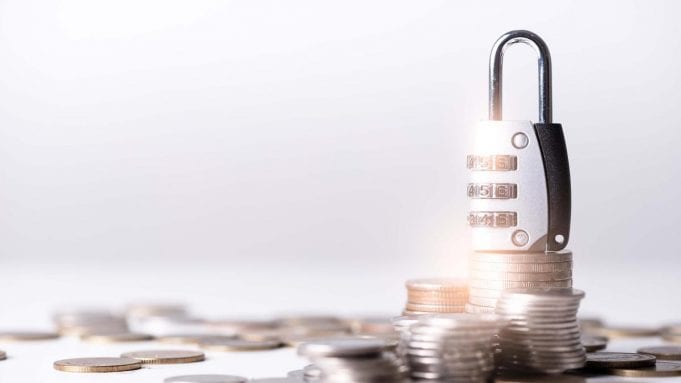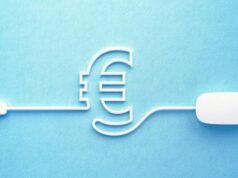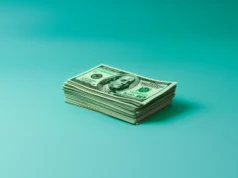We are in the midst of the unprecedented virus outbreak. The Covid-19 outbreak is hitting the United States in ways that go beyond personal health.
There are many personal finance issues that are arising as well, as companies are closing their doors and laying off employees.
It’s understandable to have personal finance questions during this time, and the following are some things to know about banking and your money during this difficult time.
1. Paying Your Bills
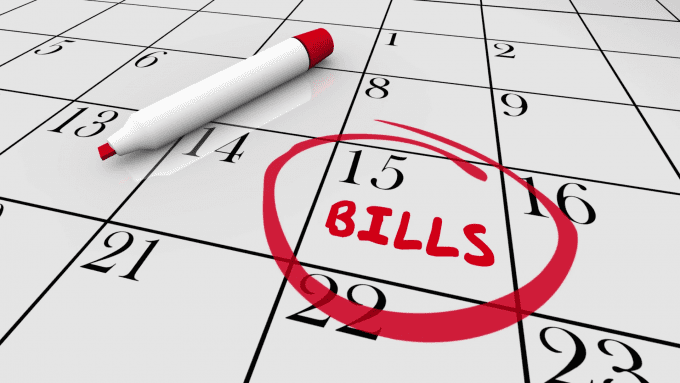
If you aren’t able to pay your bills on time temporarily, you should contact your servicers or lenders and tell them what’s going on with your situation.
Many financial regulators are encouraging financial institutions to be flexible with their customers.
According to profedcu.com. you can contact your credit card companies as well, and ask what options might be available for you to adjust or skip payments. You may be able to delay payments for several months as well.
Before you contact lenders, you should be prepared to let them know the specifics of your situation and how much you’ll be able to afford to pay. You should have a plan for when you think you’ll be able to resume normal payments again, even if you aren’t positive when that will be.
If you’re calling your mortgage lender you’ll need to talk about your income, your expenses, and your assets before they’re likely to work with you.
If you have a car payment, your lender may already have options prepared, or you might suggest ideas such as a new payment plan or an extension.
Don’t wait until you’ve already missed a payment to talk with lenders and servicers, because that can affect your credit. Proactively let them know what’s going on.
2. Be Careful About Using Your Credit Card
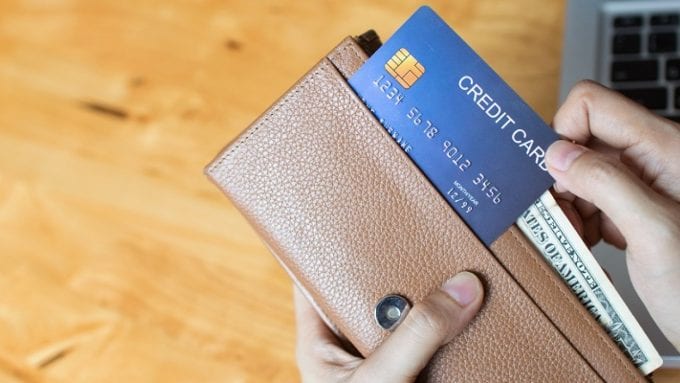
If you have any option, you should be very careful about using your credit card.
You might think you’ll just get through the crisis period by charging things, but is that ultimately going to be more expensive for you?
This crisis won’t last forever, and so you have to think about that as you’re planning.
If you can cut expenses rather than using a credit card, that’s a better long-term financial option.
You need to take a hard look at your wants versus your needs and see if there are things you can do without for the time being until there’s a bit more certainty in the world.
3. Expanded Unemployment Benefits
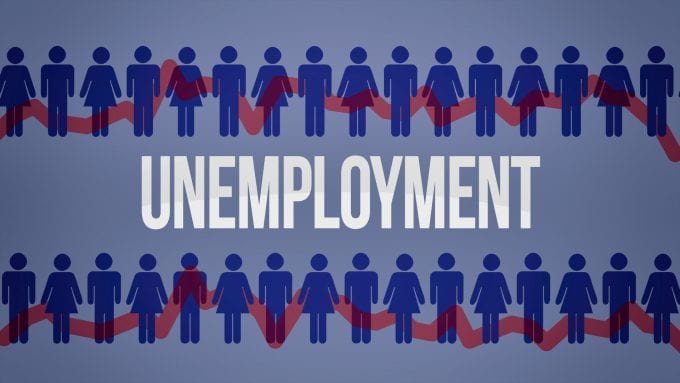
Recently the Coronavirus Aid, Relief, and Economic Security Act expanded unemployment benefits, so this may be something that now applies to you.
Under the CARE Act, self-employed and part-time workers are now eligible for unemployment benefits, and it adds a $600 weekly supplement to state benefits.
There are qualification guidelines—for example, you must have had to leave your job because of Covid-19 or you are a caregiver for someone whose school is closed because of the virus. However, if you work from home with pay or you’re getting paid leave, you don’t qualify.
To apply, you go through your state’s unemployment office.
4. Government Relief Checks

Under the CARE Act, Americans are also receiving relief checks.
If you’ve lost your job, you will likely have to spend that on necessities. If you haven’t lost your job, be smart with how you spend this check. For example, maybe you put the money into an investment or retirement account, or a savings account that earns interest.
If you can just set the money aside in a liquid account in case of an emergency, that might be best for your financial situation.
5. Budgeting Tips
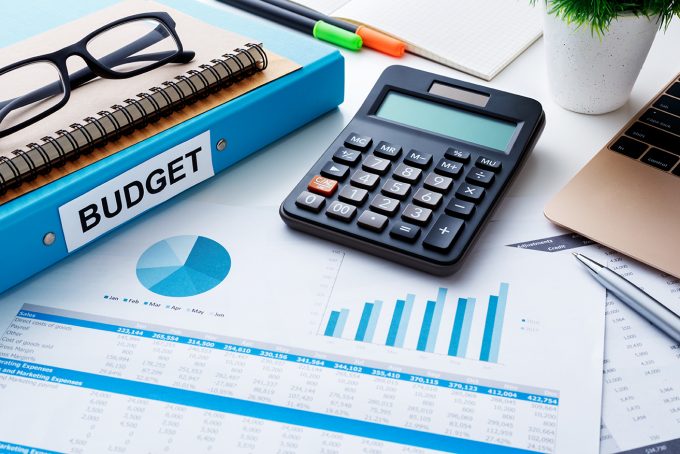
Already touched on was the importance of really thinking about your must-haves right now, versus your wants.
Yes, that’s a big part of budgeting, but not the only thing.
As you’re creating a budget for your current reality, you want to set up three different scenarios and prepare for each.
First, you want the best-case scenario, then you want worst-case scenario and something in-between, which is where you’re most likely to end up.
Think about how much cash you’ll need during this time, and be cautious about paying debt right now if you can help it.
6. Student Loan Relief

If you have student loans, you may also be worried about how you can pay those during the Covid-19 crisis.
There was initially a proposed federal loan forgiveness stipulation in the CARE legislation for up to $10,000 per borrower, but that didn’t make it through into the final bill. Even so, that doesn’t mean you don’t have options for your federal and private loans.
For federal loans, there are options for borrowers.
First, there is an automatic six-month forbearance available to all federal loan borrowers. You can also have your interest on federal loans automatically waived for six months, and the federal government has said they will stop all collection activity on student loans in default.
You may want to pause your student loan payments if you need to prioritize other financial decisions.
If you have private student loans, you may also find that they’re offering options for forbearance or deferment right now.
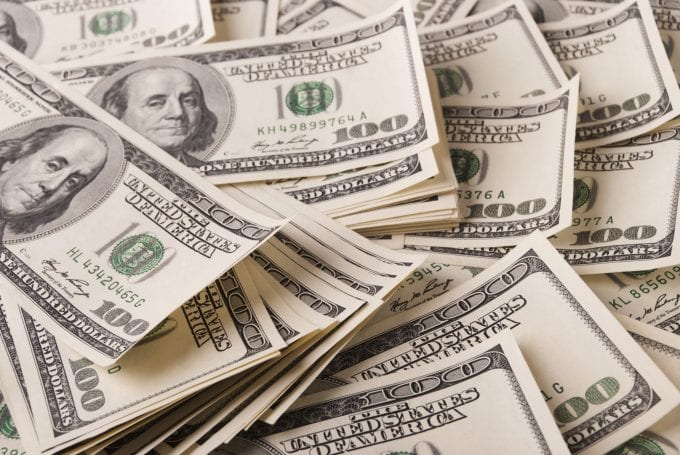
This is something you’ll have to check into on an individual basis. For example, some lenders are not necessarily offering forbearance or deferment, but they might waive fees if you make late payments.
There may be state-specific relief programs like there are in New York and Pennsylvania. For example, in New York, there is a stop on collections on student loans that are referred to the attorney general’s office until at least mid-April 2025.
The best thing you can do during this time is to avoid panicking.
Don’t run to the bank and think you have to take all your cash out either, because that could be a security risk.
Instead, give yourself time to think and even if you do lose your job temporarily, know that federal programs are available that can help you. There are many different resources, so budget and plan accordingly for the next few weeks or months of uncertainty.

